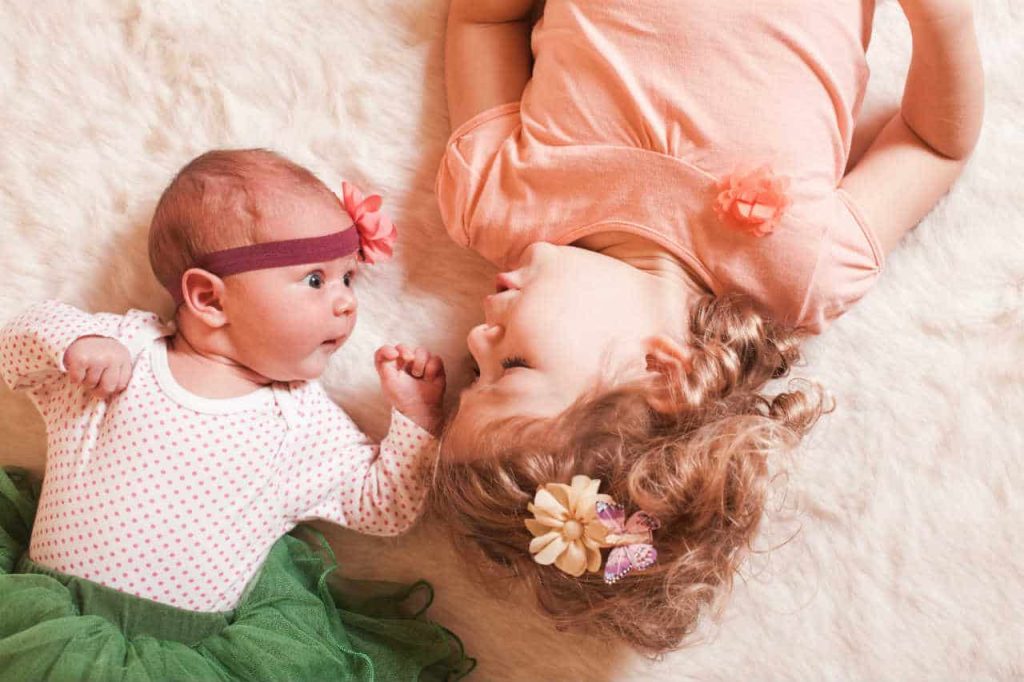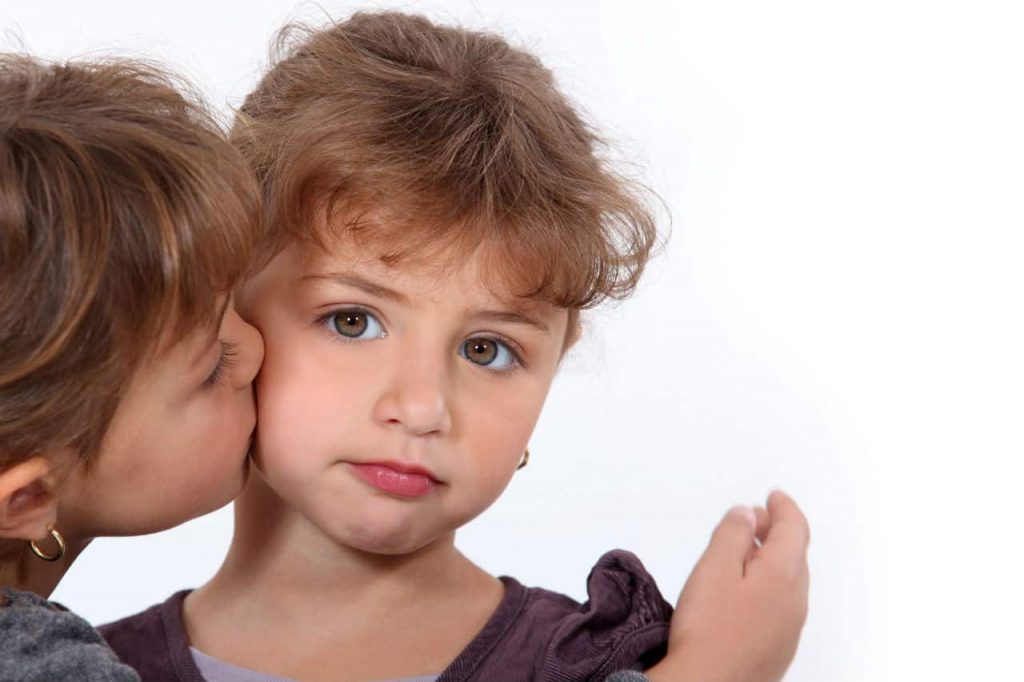8 Facts And Myths About The Birth Order And Personality

Most of us will have heard that the order in which our children are born will have an impact on their personalities.
The commonly-held belief goes that the first born child will be the most responsible, high-achieving, reliable, conscientious, and cautious of the children.
The middle child is typically thought to be friendly, people-pleasing, peacemaker, and has a large social circle.
Finally, the last child is often thought of as fun-loving, uncomplicated, manipulative, and attention-seeking.
Many studies since the 1960’s have shown a correlation between the order of a child’s birth, and their personality.
However, recent studies have set out to debunk this myth. Here’s the basics of what’s true and what’s false about the birth order theory based on the latest research.
Facts on Birth Order Theory
First Born children tend to appear more intelligent than their siblings

However, note the word ‘appear’. The first born child often seems to be smarter than their later-born counterparts, and IQ tests seem to support this theory.
However, this seems to be an environmental cause rather than a genetic one. Kids born first tend to occupy their parents’ resources by themselves for a longer period of time – at least until the second child is born.
This means the second child is competing for time and resources with the second child, and one-on one learning time with their parents is limited because of it.
Therefore, the first-born tends to have a more attention-focused start to life, and have an easier time at school for the first few years of their life.
The younger children can be people-pleasing, or manipulative
The youngest child in a larger family can be the one which sometimes manipulates others into getting what they want. This seems like a really negative personality trait, however in young children, it is quite normal and healthy.
The youngest child is often physically smaller than the older ones, and therefore relies on different techniques to get what they want from their older siblings, as they don’t have the ability to physically match their siblings.
Myths About Birth Order
The order in which your children are born has a profound impact on their psychological development

Unfortunately (or perhaps fortunately), a 2015 study of over 20,000 people has determined that there is no correlation between the order of a child’s birth and their personality either while growing up, or as an adult.
This study demonstrated that no lasting impact could be found between a child’s position in the family, and their personality.
The middle child is always the friendliest, and has a large social circle
This one is false again. Middle children tend to have average amounts of friends, and also display normal amounts of friendliness towards their peers.
Some differences in people’s personalities according to birth order can be found
This is another one that is debunked. Not only doesn’t the birth order show any significant differences in personality. It shows no minute differences either.
The effect size of a study of 377,000 high school students demonstrated a 0.02 effect size in correlation between birth order and personality.
This means if you sat three people down, you have no chance of discerning whether their personalities make them a first, middle, or last born child.
There’s a natural genetic correlation between the child’s birth order and their innate intelligence
This statement has again been proven false. There is a difference between IQ points in first and later born children.
The IQ point difference is only 1 point, which means it is small, but significant.
It’s enough of a difference that researchers have been interested in discovering why it happens. The general consensus is that it is a nurture, rather than nature correlation.
A natural difference would mean that there is some innate genetic difference which makes second and third born children slightly less intelligent than their older siblings, but this has been disproven.
“There’s a natural genetic correlation between the child’s birth order and their innate intelligence”
It is a case of nurture resulting in differences in IQ. The older the child, the more time they benefit from their parent’s one-on-one attention, and the privilege of tutoring and helping their siblings.
I should change my parenting styles to suit the birth order of my children
The idea of birth order has largely been disproved. Therefore there’s no real need to change your parenting style or techniques from child to child.
Children born in different orders don’t need to have their perceived personality types groomed or cultivated. However, it is likely that you’ll change your parenting with every child anyway- rectifying the mistakes you may have made, and refining the fine art of parenting!
My children will benefit from a smaller family size

This is another false idea coming from the theory of birth order. While the statistics show that the first born is on average one IQ more intelligent than other children, this doesn’t come at the detriment of their siblings.
Socialisation with siblings is extremely important. Siblings are some of the most important people while growing up, and while not having them isn’t detrimental, there’s no link between family size and social outcomes for children.
No matter what order your children are born in, they all have the same outcomes and abilities in life.
Their personalities are shaped by peers and social interaction, and as is widely agreed upon in modern scientific discourse, the order of your children’s birth has no correlation to their behaviour and personality.
